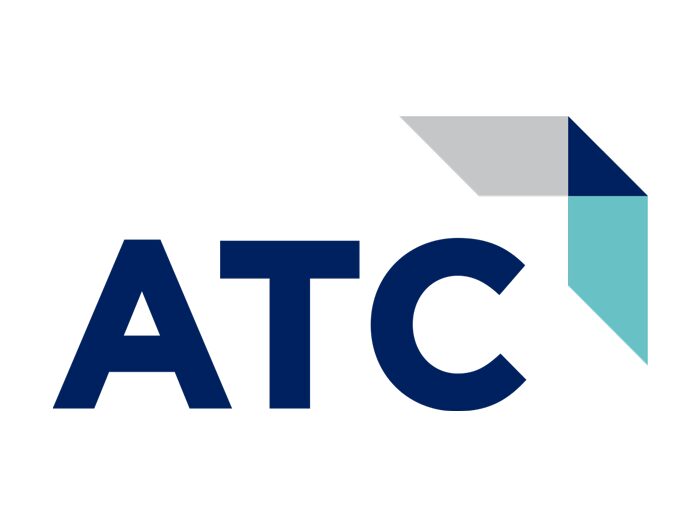
by Louie Hollmeyer, Director, Advanced Technology Consulting
(This Cloud Communications article originally appeared in print and online here in the Technology First magazine.)
Many IT leaders were sent scrambling in the wake of COVID trying to support work-from-home (WFH) initiatives and a “stay-at-home” mandate from Governor DeWine. Those that had already moved to cloud communications were thankful.
Here is a quote from a “mid-market” ATC client in early April this year referring to the COVID situation, “Last fall we went with Vonage Business as our UCaaS solution. With COVID, this allowed us to pivot and quickly become completely remote and productive when stay-at-home orders were put into place.”
Due to the subsequent rapid shift to remote work and the likelihood that the workforce landscape will forever be changed, those that did not previously move to cloud communications are now looking to accelerate their transformation. In recent years, business leaders were already turning to Unified Communications as a Service (UCaaS) to keep mobile workforces and geographically distributed teams connected and to remain competitive in the ever-evolving digital economy. COVID has simply accelerated adoption.

The demand for remote work, digital communication, and digital collaboration will continue to increase. As a result, UCaaS has become a key pillar for business success, rather than a nice-to-have investment.
Typically, businesses have leveraged UCaaS to augment strained IT resources and gain access to robust feature sets, while keeping costs predictable and under control. Now, organizations with distributed workforces want to deliver unified feature sets to mobile and remote workers, regardless of their location or local voice-data infrastructure.
From here on, IT leaders will constantly be asking themselves, “does my workforce have the right tools to ensure constant communication between themselves-and clients and vendors-without being in direct proximity with each other?” With UCaaS, the answer is a resounding, “yes.” Fundamentally, UCaaS is a cloud-based unified communications platform that provides voice, chat, and video/audio/Web conferencing capabilities—all done in a secure environment from any type of device, anywhere.
Coincidingly, IT leaders with contact/call centers will constantly be asking themselves, “does my workforce have the ability to support our customers and suppliers through multiple direct channels as they work remotely?”
With Contact Center as a Service (CCaaS), the answer again will be, “yes.” Cloud-based contact center software provides direct customer contact to deliver essential customer experiences through intelligent routing of inbound communication across various channels. Agents are equipped to communicate with customers via voice, SMS/MMS, chat, and social media channels on any device, anywhere, anytime.
The current environment is forcing businesses of all sizes to optimize operational efficiencies and the customer journey through UCaaS and CCaaS. By adopting cloud communications, IT leaders will be able to deliver consistent, robust feature sets to remote workforces while streamlining communications technology onto a single platform.








